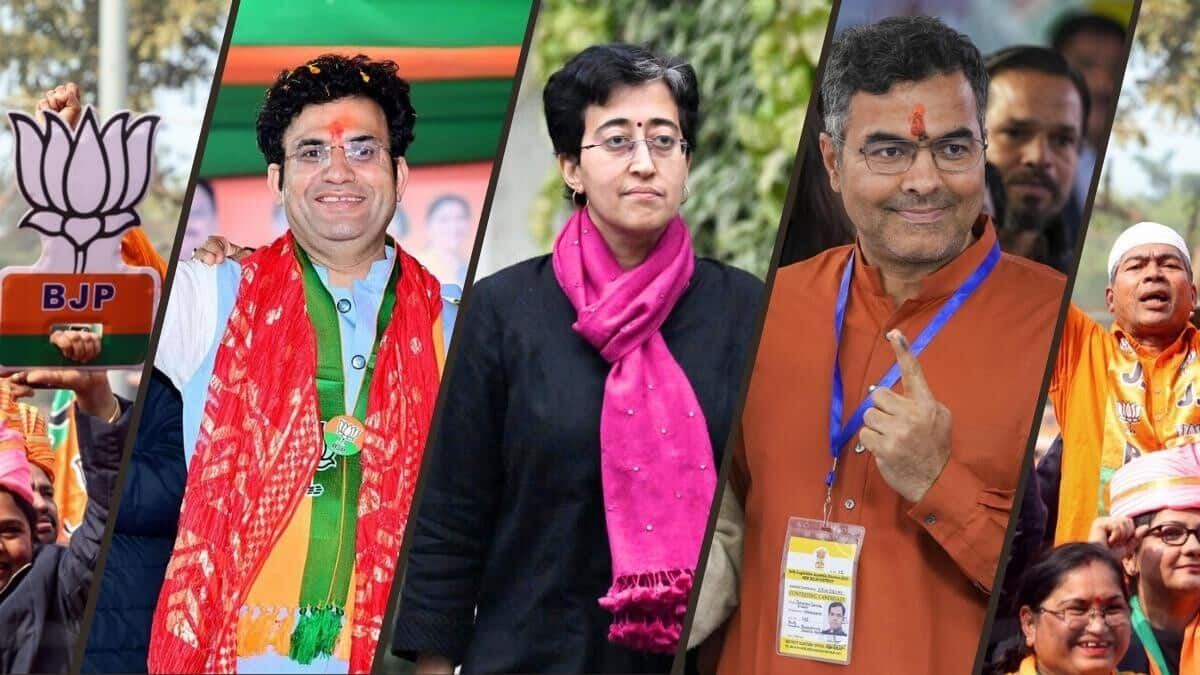
BJP's Delhi win: How party penetrated key AAP voter base
What's the story
The Bharatiya Janata Party (BJP) has won the Delhi assembly elections, returning to power after 27 years.
The victory comes after a close fight with the Aam Aadmi Party (AAP), which had preserved a strong voter base in Delhi's slum clusters for over a decade.
The BJP's win is primarily credited to its focused campaign on local issues, particularly in the Jhuggi Jhopri (JJ) clusters.
Voter sentiments
Mixed reactions from residents on BJP's victory
Residents of these clusters have had mixed reactions to the election results.
Vimla Devi from Arjun camp in Mahipalpur said, "I voted for Kejriwal so naturally I am a little upset. But the thing is I do not mind any party coming into power as long as they do something for the people, especially the poor in the city."
Meanwhile, Sunil Sharma from the same area described BJP's win as "the best thing to happen to Delhi" in 10 years.
Campaign focus
BJP's strategy and RSS's role in election victory
The BJP's game plan revolved around local issues like sanitation, clean water, health care, and women's safety.
The Rashtriya Swayamsevak Sangh (RSS) was instrumental in mobilizing voters and zeroed in on 10 issues during their 'Save Delhi Campaign.'
These included air pollution, illegal immigrants, and employment.
The RSS's strategy avoided high-profile national issues and focused on grassroots mobilization without openly attacking political rivals.
Electoral shift
BJP's narrow victory in traditional AAP strongholds
In Jangpura and Adarsh Nagar, traditionally AAP strongholds, BJP candidates won by narrow margins.
Manpreet from Anna Nagar JJ cluster criticized AAP for lack of support during crises, saying he received no help after losing his home in 2020 due to heavy rains.
Despite some residents' concerns about potential neglect under BJP rule, others like Dharma Devi from Janta camp welcomed change due to ongoing issues like polluted water supply.
Voter shift
BJP's focus on local governance sways votes
The BJP's focus on local governance and PM Narendra Modi's credibility were major factors in swinging votes from AAP to BJP among lower-income groups and women voters.
Delhi has nearly 675 JJ clusters with around 15 lakh votes coming from these hamlets in the city.
Some issues that have been a pivotal point for the residents of these clusters this election season include patchy water supply, unavailability of proper drainage, potholed roads, and inadequate health care facilities.